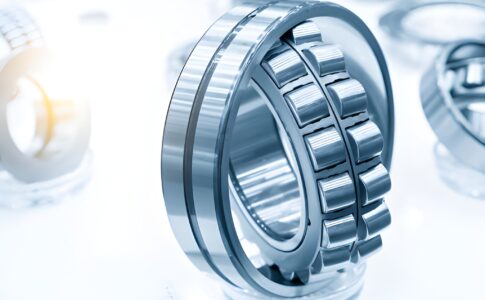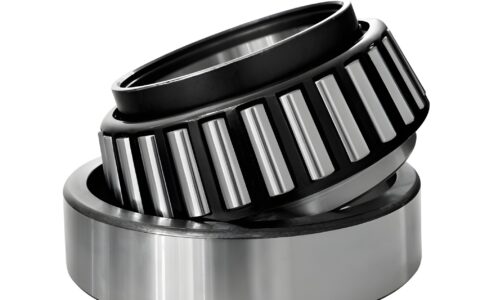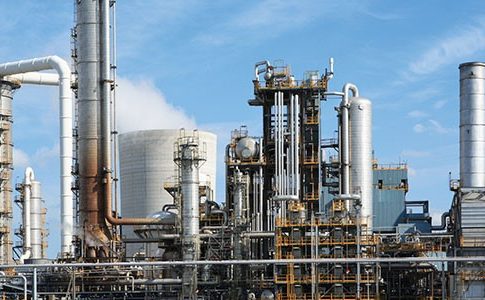In this new modern industrial world, ball bearings play a crucial role in ensuring the smooth operation of machinery. These small yet powerful components minimize friction, enhance energy efficiency, and prolong the lifespan of mechanical systems. Whether in automotive, aerospace, or manufacturing industries, the right ball bearing can make a significant difference in performance and reliability.
Understanding Ball Bearings and Their Function
A ball bearing consists of an outer and inner ring with balls rolling in between, separated by a cage. This design allows for minimal contact and friction, enabling machines to run smoothly. The primary functions of ball bearings include:
- Reducing friction: By minimizing contact between moving parts, ball bearings decrease energy loss and wear.
- Supporting loads: They handle radial and axial loads, ensuring stability in machinery.
- Enhancing rotation: Ball bearings facilitate smooth and precise rotational motion.
How Ball Bearings Improve Machine Efficiency
1. Reduction in Energy Loss
One of the key advantages of using a ball bearing is its ability to reduce energy consumption. Machines generate friction when moving parts interact, leading to energy loss in the form of heat. High-quality ball bearings, like those available at Noormsons, significantly lower friction, ensuring that energy is used efficiently. This leads to reduced operational costs and improved machine performance.
2. Increased Machine Longevity
Friction and wear are major causes of machine breakdowns. By incorporating durable ball bearings, machinery experiences less wear and tear, thereby extending its lifespan. This reduces maintenance costs and minimizes downtime, making operations more efficient and cost-effective.
3. Enhanced Load Capacity
Machines operate under varying loads, and the right ball bearing ensures that these loads are distributed evenly. This prevents excess stress on specific components, reducing the risk of premature failure. Industries such as automotive and manufacturing rely heavily on load-bearing ball bearings for high-performance machinery.
4. Smooth and Silent Operation
Excessive noise and vibration can hinder machine efficiency. High-precision ball bearings reduce vibrations and allow for quieter operation. This is especially beneficial in high-speed machinery, where noise reduction translates to better working conditions and increased productivity.
5. Improved Heat Dissipation
Heat buildup is a common issue in rotating machinery. When friction is reduced using quality ball bearings, less heat is generated. This prevents overheating and potential damage to machine components, ensuring optimal performance over extended periods.
Choosing the Right Ball Bearings for Your Needs
To maximize efficiency, selecting the appropriate ball bearing is essential. Consider the following factors when choosing ball bearings:
- Material: Stainless steel and ceramic ball bearings offer durability and resistance to corrosion.
- Load capacity: Bearings must be selected based on the weight and force they will endure.
- Speed rating: High-speed applications require bearings with low friction and precision engineering.
- Lubrication: Proper lubrication ensures smooth operation and reduces wear.
For high-quality ball bearings, explore the extensive range available at Noormsons. Their premium selection ensures optimal performance for various industrial applications.
Conclusion
The efficiency of machinery is heavily dependent on the components it operates with, and ball bearings are among the most critical. By reducing friction, enhancing load capacity, and ensuring smooth operation, these components contribute significantly to machine longevity and performance. Investing in high-quality ball bearings from trusted suppliers like Noormsons is a step toward improving operational efficiency and reducing maintenance costs.
Upgrade your machines with the best ball bearings today and experience seamless performance in your industry.






No comments